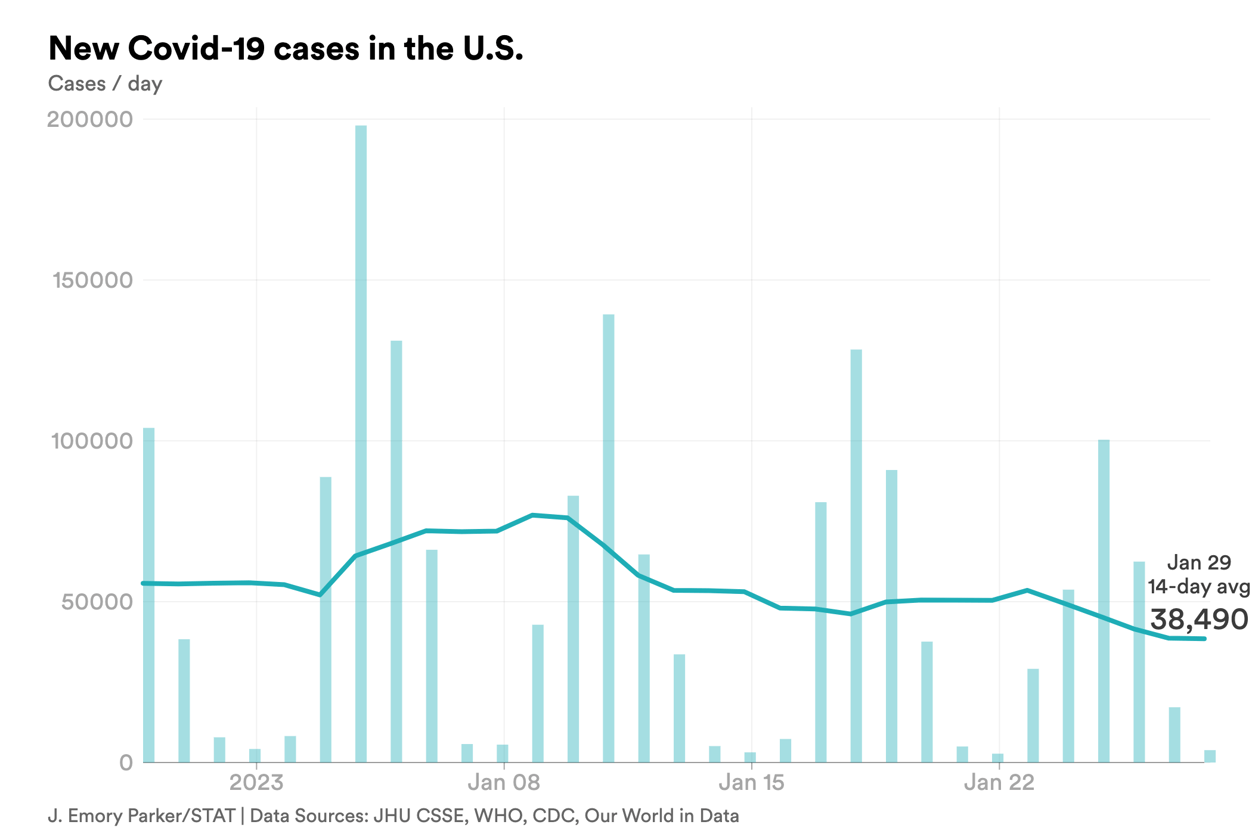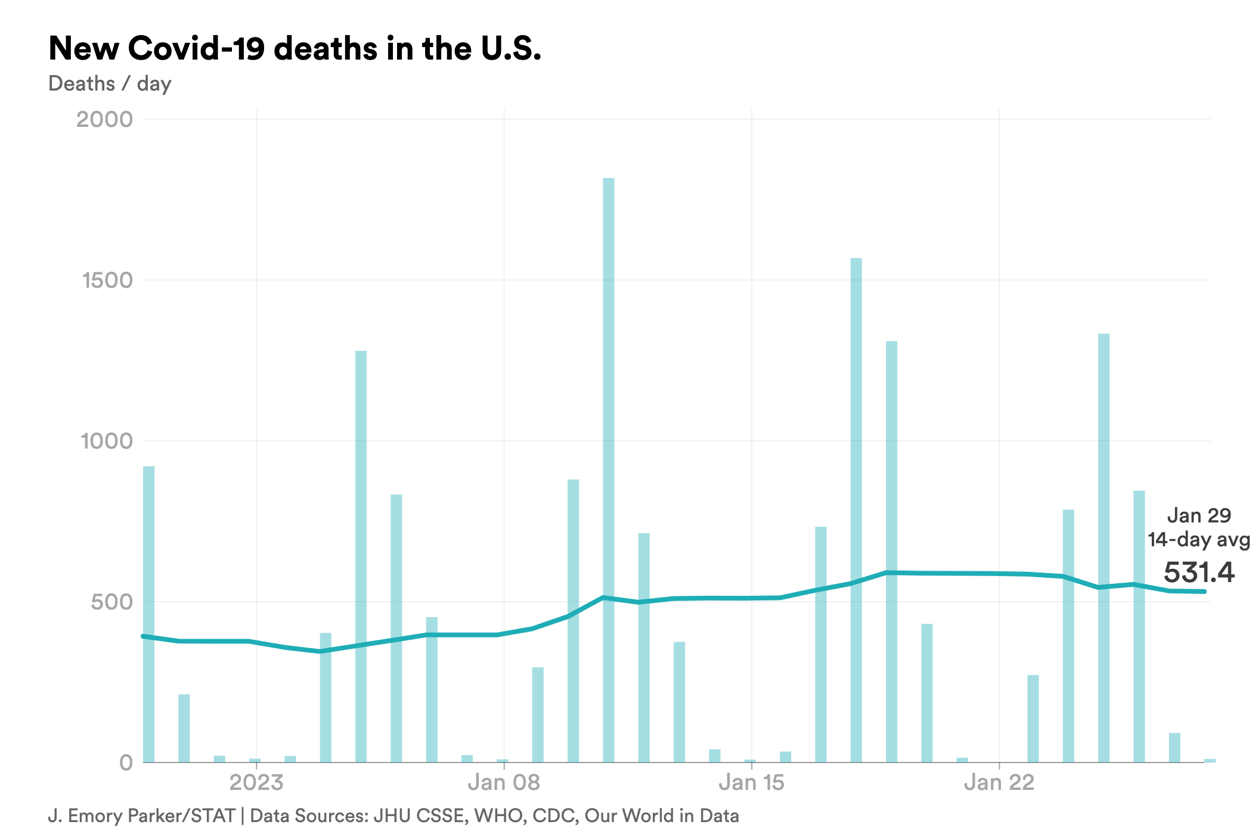Closer Look
Why leaders in the longevity field say it's time to take them seriously

MIKE REDDY FOR STAT
As a scientific pursuit or a business, longevity does not enjoy a good reputation. The FDA doesn't even consider aging a disease. And the longevity community hates headlines about billionaires living forever. "Why is it in popular culture, if you want to live forever, you are evil and you want to kill babies on the side?" Martin Borch Jensen, co-founder of anti-aging gene therapy startup Gordian, asked at the J.P. Morgan Healthcare Conference.
Efforts to defeat aging have been controversial endeavors since the Fountain of Youth, but practical investors now appreciate the science when it targets dementia, heart disease, and other age-related ills in the name of extending health span, not lifespan. "The thing I hear is how you want to live forever," the top scientist at one startup said. "And it's not. I want your grandma to be hiking at 85." STAT's Jason Mast has more on how that's going.
In the lab
NIH advisers approve proposal to safeguard lab-made virus research
Their vote was unanimous, but concerns remained when a federal advisory panel endorsed proposals to strengthen oversight of pathogen research that could make viruses more transmissible. Experts in biosecurity, ethics, and infectious diseases convened on Friday to consider "gain of function" research, which involves changing pathogens to learn about their origins and potential treatments. Some panelists worried that the language they approved could create roadblocks for even low-risk research. "We need to make sure that it is not inadvertently inhibiting important research," Rachel Levinson of Arizona State University said.
The panel's draft report recommends safeguards including "federal department-level review" of gain-of-function studies and a broader definition of pathogens that could potentially cause pandemics. Once final, the proposals will go to NIH leadership, which now lacks a permanent director to succeed Francis Collins or a replacement for NIAID Director Anthony Fauci. STAT's Sarah Owermohle has more.
health
Deaths during or just after pregnancy rose in 2020
The U.S. has long had the worst rates of maternal mortality among industrialized nations, and a new study in JAMA Network Open cements that status. The analysis of death certificates shows the number of deaths during or shortly after pregnancy rose from 2,019 in 2019 to 2,516 in 2020. Deaths from pregnancy complications rose, as did deaths from drugs, car crashes, and homicides. Suicides stayed the same; Covid was listed as the cause of 23 deaths but contributed to 171 other deaths.
There were disparities: Compared with white women, mortality rates were three to five times higher among American Indian or Alaska Native women for every cause, including suicide. Black women experienced significantly higher mortality rates across causes, with the highest rates for homicide. "Enhanced surveillance and intervention for these vulnerable groups may be warranted," the authors write.
by the numbers











No comments